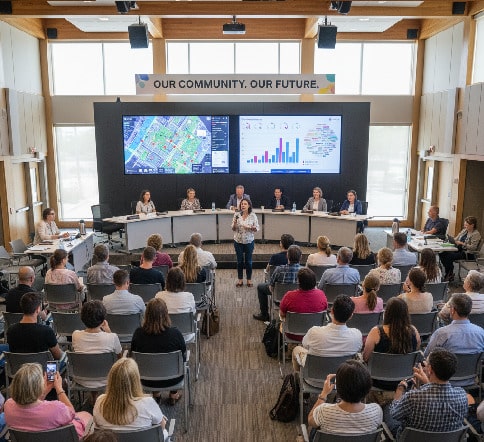For many visitors, one of the highlights of South Korea’s vibrant entertainment culture is Jeju karaoke (제주가라오케). This activity is not just about singing but about creating moments of connection among friends, colleagues, and families. On Jeju Island, karaoke venues often sit alongside local salons, cafés, and night markets, offering travelers a chance to experience both leisure and tradition in one setting.
Jeju Karaoke is consistently growing and this illustrates how cultural spaces evolve to reflect both local tastes and global influences. Interestingly, that same sense of influence is deeply present in another element, politics. To be more specific, the local decisions that affect our everyday routines.
Why Local Politics Matters more than You Realize?
Local politics may not dominate the headlines like national debates, but it often has a more immediate impact on daily life. Decisions about infrastructure, healthcare services, school budgets, and community safety typically come from city councils and regional governments.
These choices shape neighborhoods in practical ways. For instance, these are branches of governments that can decide how quickly potholes get repaired, which educational programs receive funding, or whether public transportation expands to underserved areas. Unlike national policies that can take years to take effect, local measures create visible changes in real time, making civic engagement at this level especially meaningful.
Jeju Karaoke as a Metaphor for Community Influence
Just as a karaoke room mirrors the tastes of its regular visitors, local politics mirrors the priorities of residents who take part. When communities attend town hall meetings or cast votes in local elections, they directly shape the policies that govern their neighborhoods.
Well-paved roads, better waste management, and new recreational facilities are often the results of engaged citizens influencing their representatives. Choosing not to participate, on the other hand, leaves crucial decisions in the hands of a few, rather than reflecting the collective voice of the community.
Everyday Examples of Local Decisions
Local government decisions shape daily life in ways that often go unnoticed. Zoning laws influence which businesses open near your home, while property tax allocations determine the resources schools can provide. Public health ordinances affect access to clinics, vaccination programs, and nutrition initiatives.
Even cultural festivals and tourism budgets, which boost local economies, are guided by municipal leaders.
The ripple effect is constant, and recognizing this influence underscores why staying informed and engaged in local governance is essential.
Bridging Awareness with Action
Awareness of local politics is only the first step; meaningful change comes when awareness is paired with action.
Attending community forums, contacting local representatives, and participating in budget discussions are practical ways to shape the environment you live in. These small steps, much like joining in on a community song at karaoke, create a shared sense of responsibility. The more people engage, the more inclusive and representative local governance becomes.

